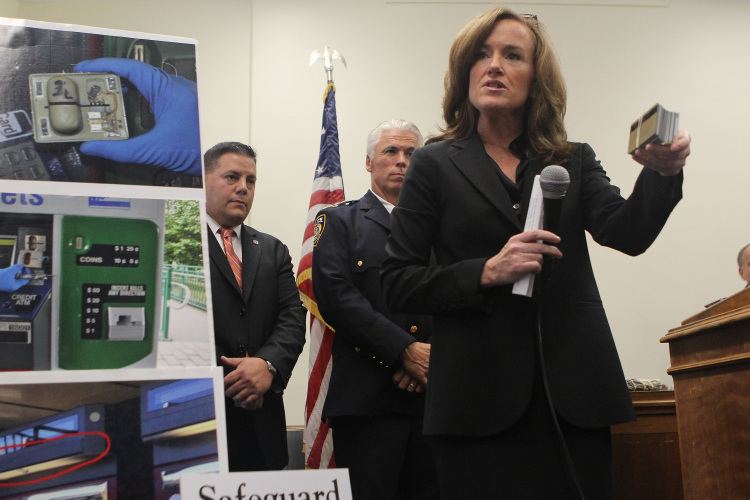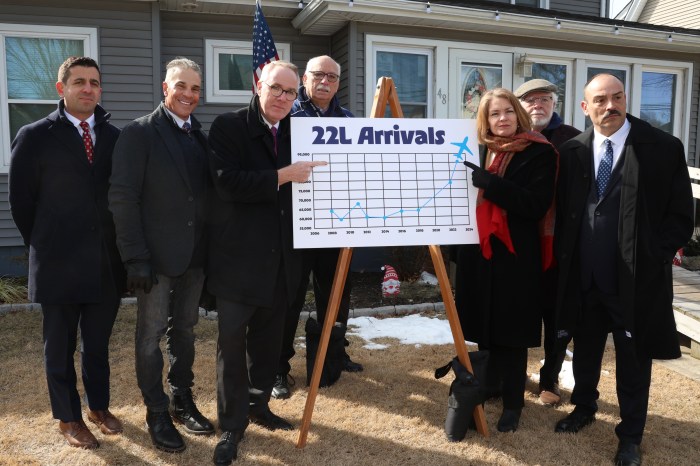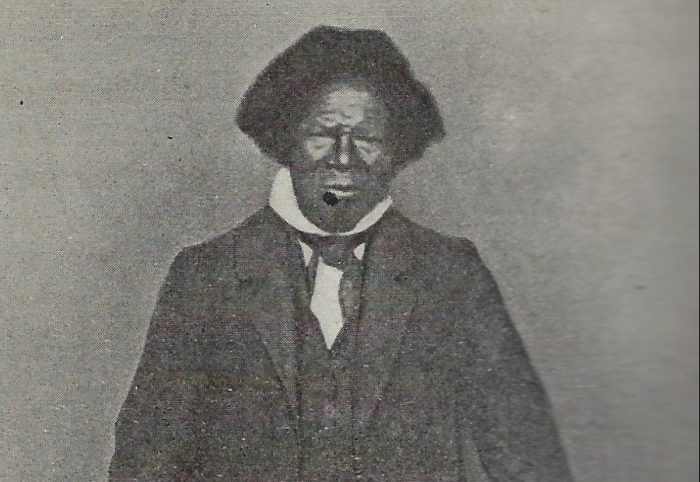The Nassau County Sheriff illegally supplied prosecutors with at least one recording of a phone conversation between a jail inmate and his attorney, violating the suspect’s constitutional rights, a lawsuit filed Monday alleged.
The suit also states that an assistant Nassau district attorney prosecuting the case attempted to enter the recording into evidence, but the request was denied by the judge. The use of such tactics “stifles” the suspected criminal’s defense by making it difficult to freely discuss the case by phone, according to the plaintiffs. But, prosecutors said in a statement, there are exceptions to the law granting attorney-client privilege, and prosecutors are trained never to listen to privileged, confidential calls.
“The Nassau Sheriff and Nassau DA have failed, and continue to fail, to provide [the inmate] with due process of law in connection with the recording of telephone calls, and thus are violating their constitutional rights,” wrote attorney Steven Raiser of Mineola-based Raiser & Kenniff in the suit on behalf of three clients.
The suit, first reported by the New York Post and filed at New York State Supreme Court in Mineola, is calling on the court to prohibit the sheriff’s office from directly handing over recordings of phone calls made from Nassau County Correctional Facility in East Meadow to the district attorney’s office, and from releasing such recordings without a subpoena.
Shams Tarek, a spokesman for Nassau County District Attorney Kathleen Rice, who is running for Congress, said that prosecutors follow the law when it comes to private communications between inmates and attorneys.
“The law does not prohibit non-confidential jail recordings from being given to investigators and prosecutors, and we follow the law in this process,” he said in a statement. “The use of non-confidential jail calls is a longstanding and widely accepted investigative tool that has uncovered criminal schemes such as witness intimidation and false alibis.”
In the lawsuit, Raiser said the issue first came to his attention during a trial last year when an assistant district attorney sought to enter into evidence a phone conversation between Raiser’s client and his office. The judge declined the prosecutor’s request after Raiser objected.
“The privilege applies when the defendant is speaking to his attorney; not [to] the secretary in the office,” the prosecutor argued before the judge, according to a redacted transcript contained in the lawsuit. “When he is saying, ‘This is [redacted] on the phone,’ at that point we are allowed to listen to calls. When counsel answers the phone, and he’s answering, at that point we don’t listen.”
The suspect in the case was eventually acquitted.
Raiser’s suit is limited to attorney-client privileges and doesn’t seek to broadly challenge the sheriff department’s system of recording and monitoring inmate phone calls. The suit claims that Raiser’s phone number is on a registered list that the sheriff’s office uses to filter out calls between an inmate and attorney, but the call was still recorded anyway.
Nassau County Sheriff Michael Sposato defended the department’s policy in a statement through a county spokesman. “All of the actions taken by the sheriff’s department with respect to the monitoring/recording of inmate telephone calls, or the production of those materials to other law enforcement agencies in furtherance of law enforcement activities, is completely lawful in all respects,” the statement read.
Sposato added that signs warning inmates that calls are either monitored or recorded are posted near telephones and the system includes audible prompts that warn both parties when a call is being recorded.































